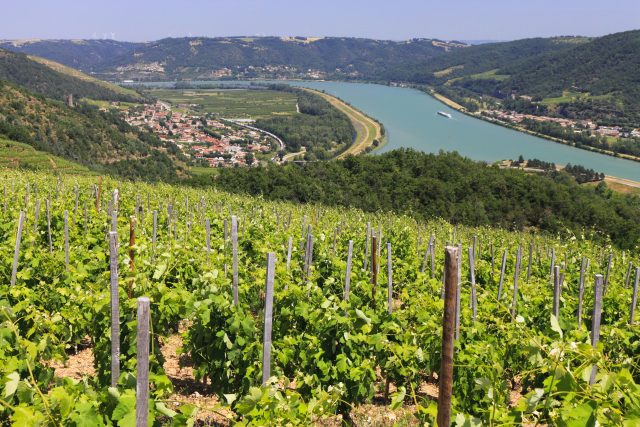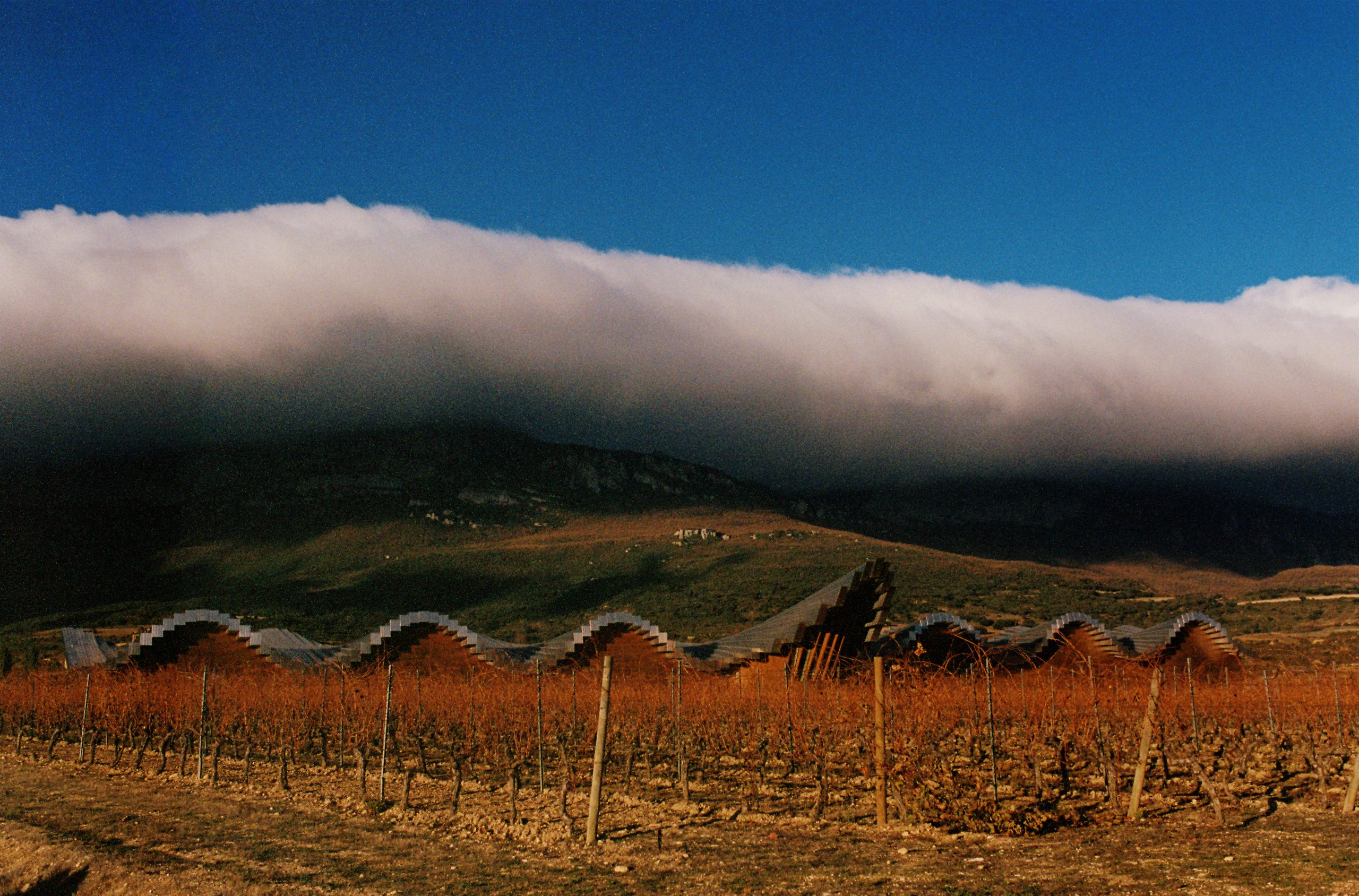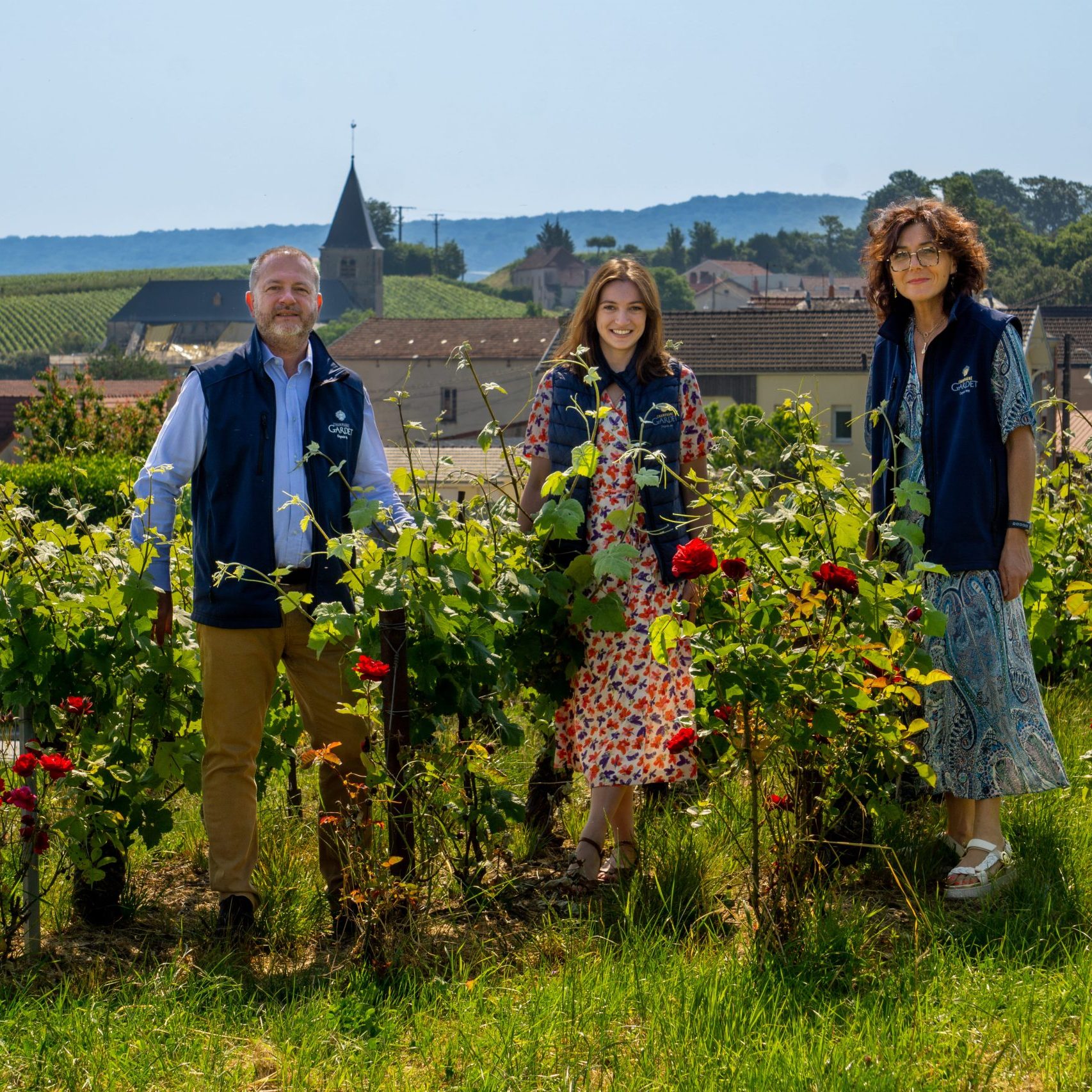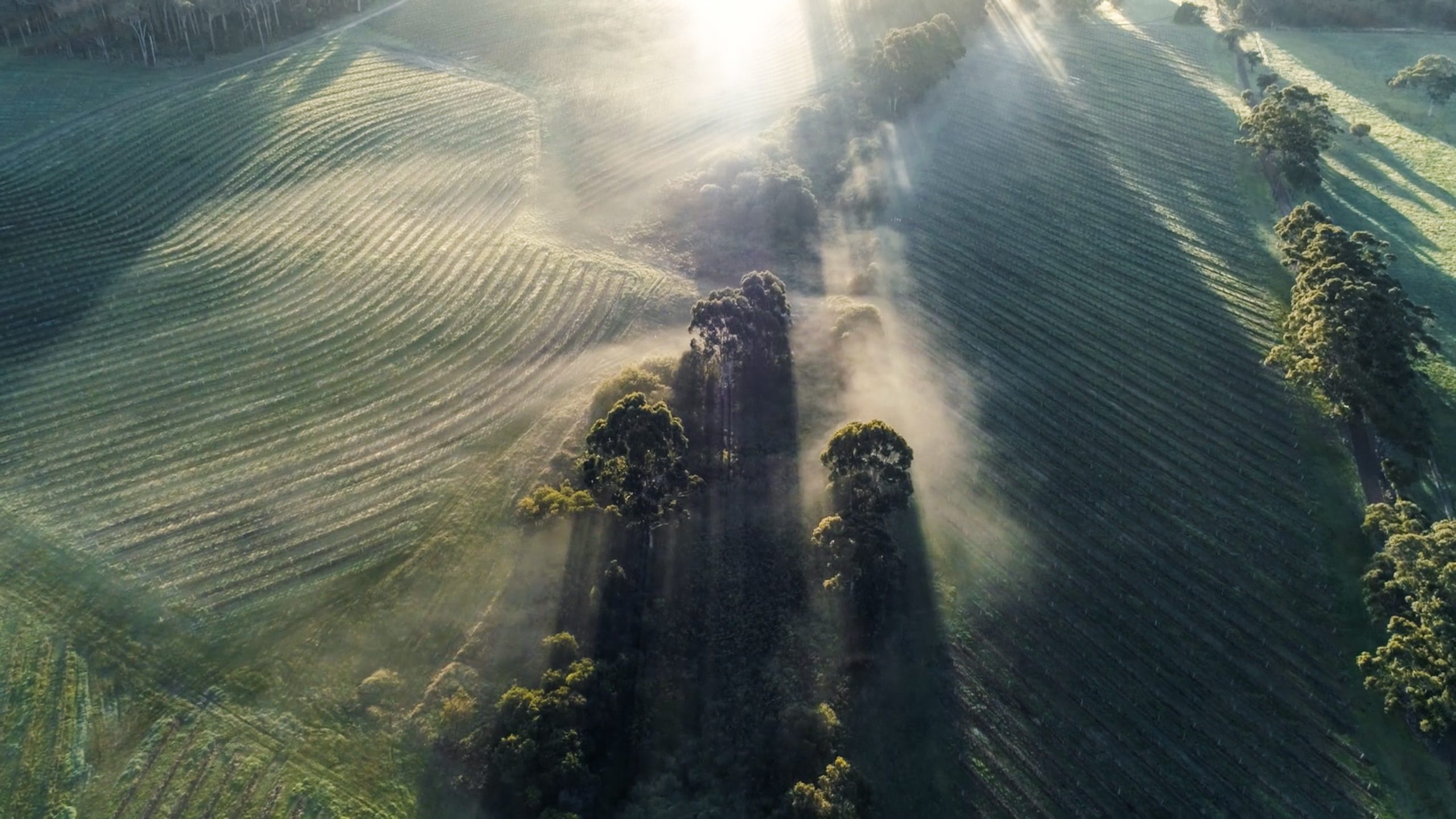Rhône Valley 2022 vintage ‘one of the best of the last five years’
The 2022 vintage has been a source of enthusiasm for producers from the Rhône Valley, already showing signs of “good ageing and cellaring potential”, according to Inter Rhône president Philippe Pellaton.

The year has been marked by extreme heat and excessive drought, causing some viticulturists in the region to fear the worst, but the first tastings of white, rosé and red wines from the Rhône Valley’s 2022 vintage suggest a promising outlook.
Vine maturation was early by around twenty days compared to 2021 in many parts of the Northern and Southern Rhône. Winter and spring were particularly mild and very dry, with a defecit of rainfall recorded.
High temperatures sparked fears that alcohol levels would be too high, but mid-August and September rains had a beneficial effect on the grapes.
Philippe Pellaton, president of Inter Rhône, said that “qualitatively speaking”, 2022 looks to be one of the best vintages of the last five years, being “particularly excellent for red wines with magnificent colour and structure thanks to good maturity levels”.
Partner Content
Different varieties also ripened at similar times due to the heat, allowing some blending to begin “right at the stage of fermentation”, Pellaton said, resulting in “interesting blending opportunities”.
Weather patterns have been seen to seesaw from the last harvest to this; an indication of one clear cause: global warming. Valérie Vincent , responsible for marketing and communications at co-operative winery Rhonea, told db back in September that “this harvest could be named ‘the harvest of climate change’”.
“More than ever, we experience and see the evolution of the climate on the vines. The southern Rhône Valley is used to hot temperatures, and therefore our grape varieties have the ability to resist severe temperatures more than in other regions, but we will have to find new solutions for the coming years,” she says.
Pellaton believes that as a result of rising temperatures caused by climate change, France’s wine regions could soon look very different. “One aspect is the adaptation of grape varieties to terroir, with the search for and planting (or replanting) on cooler terroirs, on the hillsides or in shady valleys – as opposed to warmer terroirs, which were more sought after a few decades ago,” he told the drinks business earlier this year.
Related news
Bordeaux 2024 en primeur: Haut-Médoc, Listrac-Médoc, Médoc, & Moulis-en-Médoc




